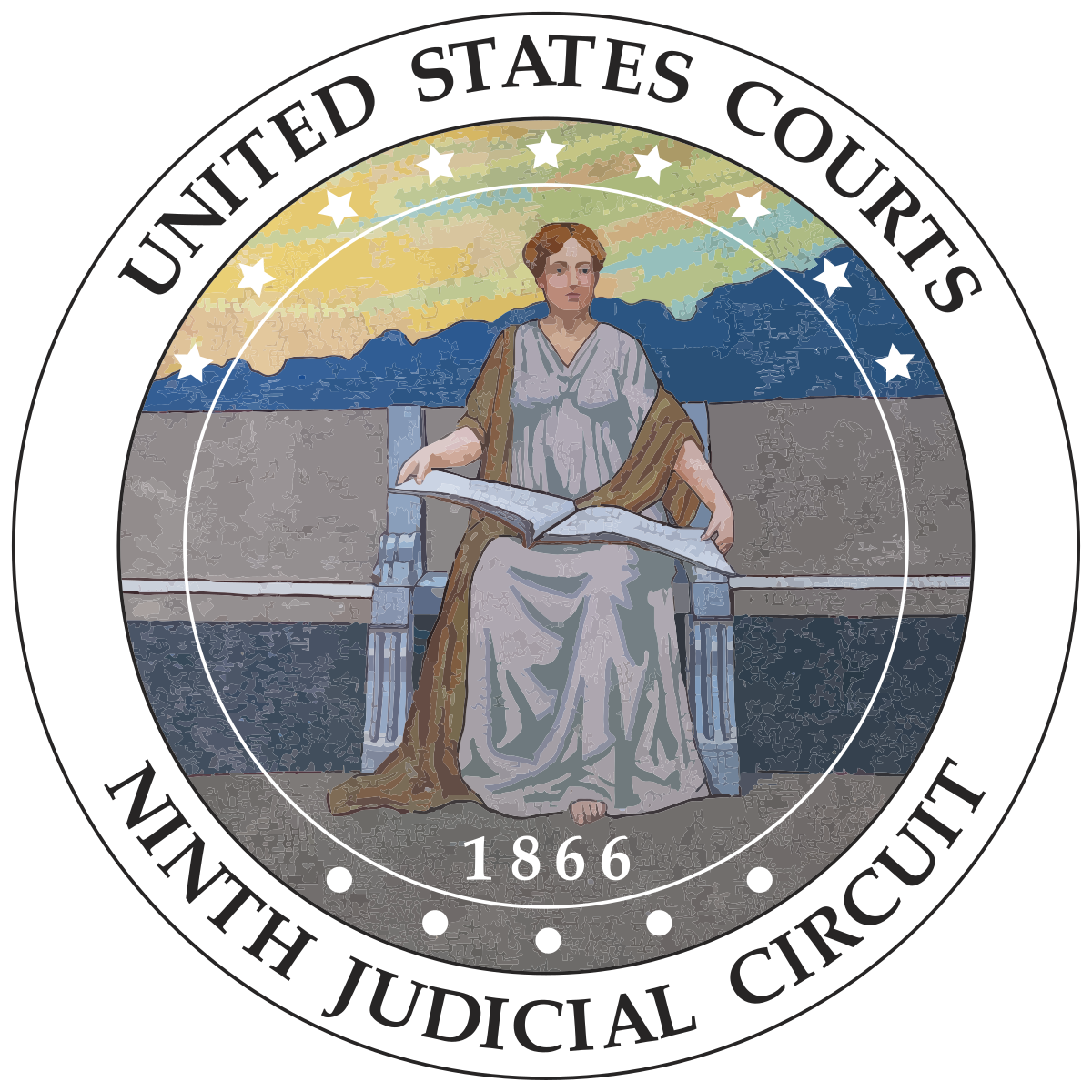Originally published on Passive Activities and Other Oxymorons on May 17th, 2011.
____________________________________________________________________________
Matt Erskine was my first guest blogger. Now he is back with commentary on an important family limited partnership case.
Another Attack on FLPs: Jorgensen v. Comm’r. 107 AFTR 2011
Erskine Comment: The 9th Circuit Court of Appeals has taken another swipe at the use of Family Limited Partnerships for transferring stock between generations. In this case, the deceased, Erma V. Jorgensen, transferred stock to two Family Limited Partnerships. The Court affirmed the decision of the Tax Court which sided with the IRS position that the entire value of the stock in the FLP should be included in her estate and denied the use of the discounted value, as the Estate alleged.
The Appeals Court affirmed the Tax Court’s using the post-transfer operations of the FLP to determine that the deceased 1) retained some economic interest in the assets of the FLP and 2) the transfer to the FLP by the deceased was not a bona fide sale for good and adequate consideration.
The retained economic interest was based on the decedent writing $90,000 worth of checks from the partnership for her personal expenses (even though there was an attempt to correct this by her accountant when this “error” was discovered) and because $200,000 of her estate taxes where paid from the Partnership.
The bona fide sale defect was based on the facts that:
“The type of assets transferred (marketable securities) did not require significant or active management, there was some disregard of partnership formalities, and the nontax justifications are either weak or refuted by the record (including formation of a second family partnership to hold higher-basis assets for gift-giving purposes, purportedly for the same nontax justifications that the original partnership could have already served).”
This reinforces the high level of scrutiny that FLPs and FLLCs incur by the Courts and the Service and the requirement that not only the set up but the ongoing operations of the entities be done with exactitude to insure that the discounting is not disallowed.
Overall, I cannot see that FLPs should be relied upon now that they are under both legislative and court attack for any long term tax planning.
PAOO Comment – I’m not sure that I go all the way with Matt on rejecting FLP’s as a valid tool. For one thing they frequently would be a good idea even if there were no discounts. Jorgensen was definitely a case of poor execution. In my post on the original case I mention the son’s difficulty in “getting his head around” the idea that the partnership wasn’t just like a bank account. The most recent Jorgensen decision was in my backlog of draft posts. I am planning on looking at it along with a couple of other cases. Be sure to check out the Erskine and Company blog.































































































